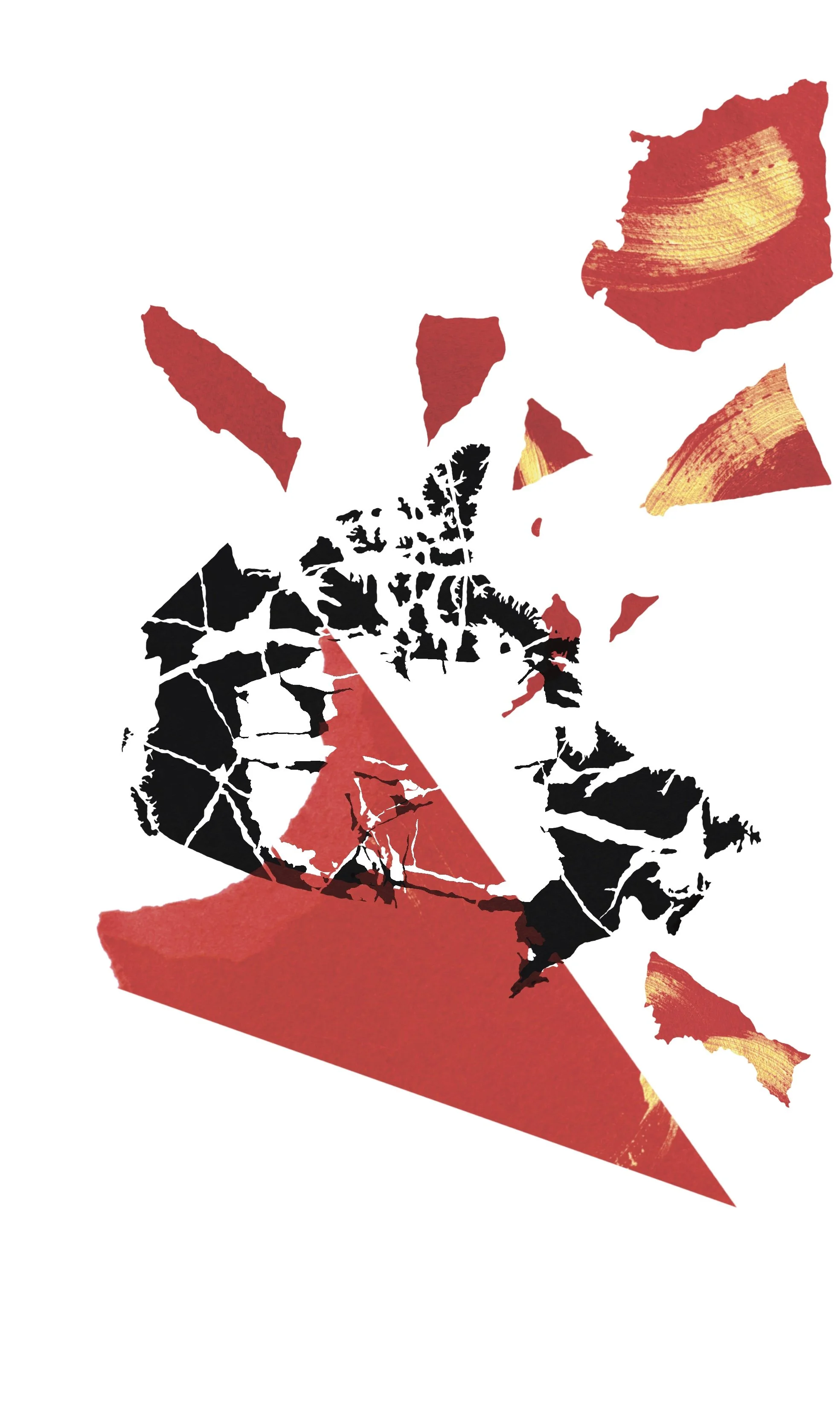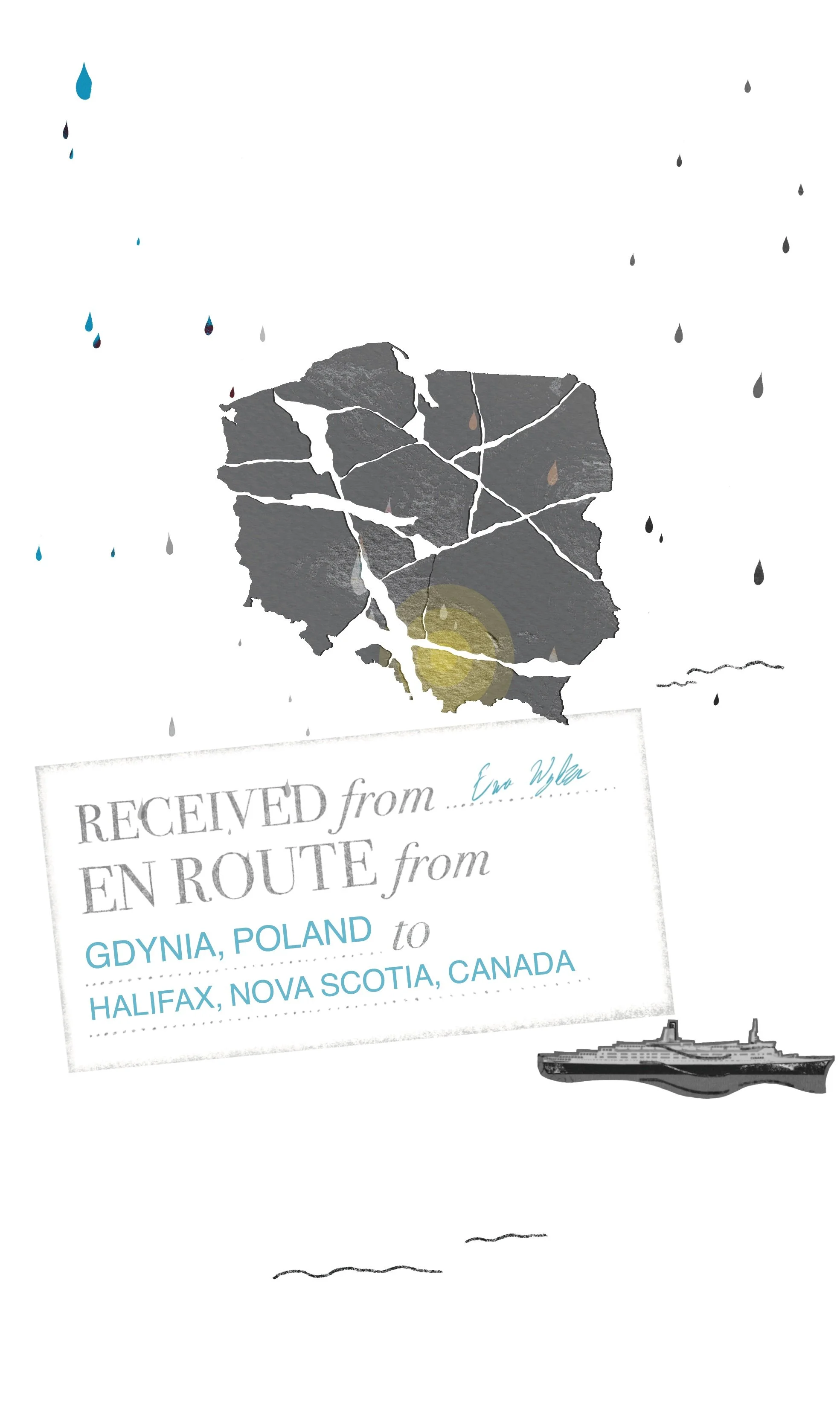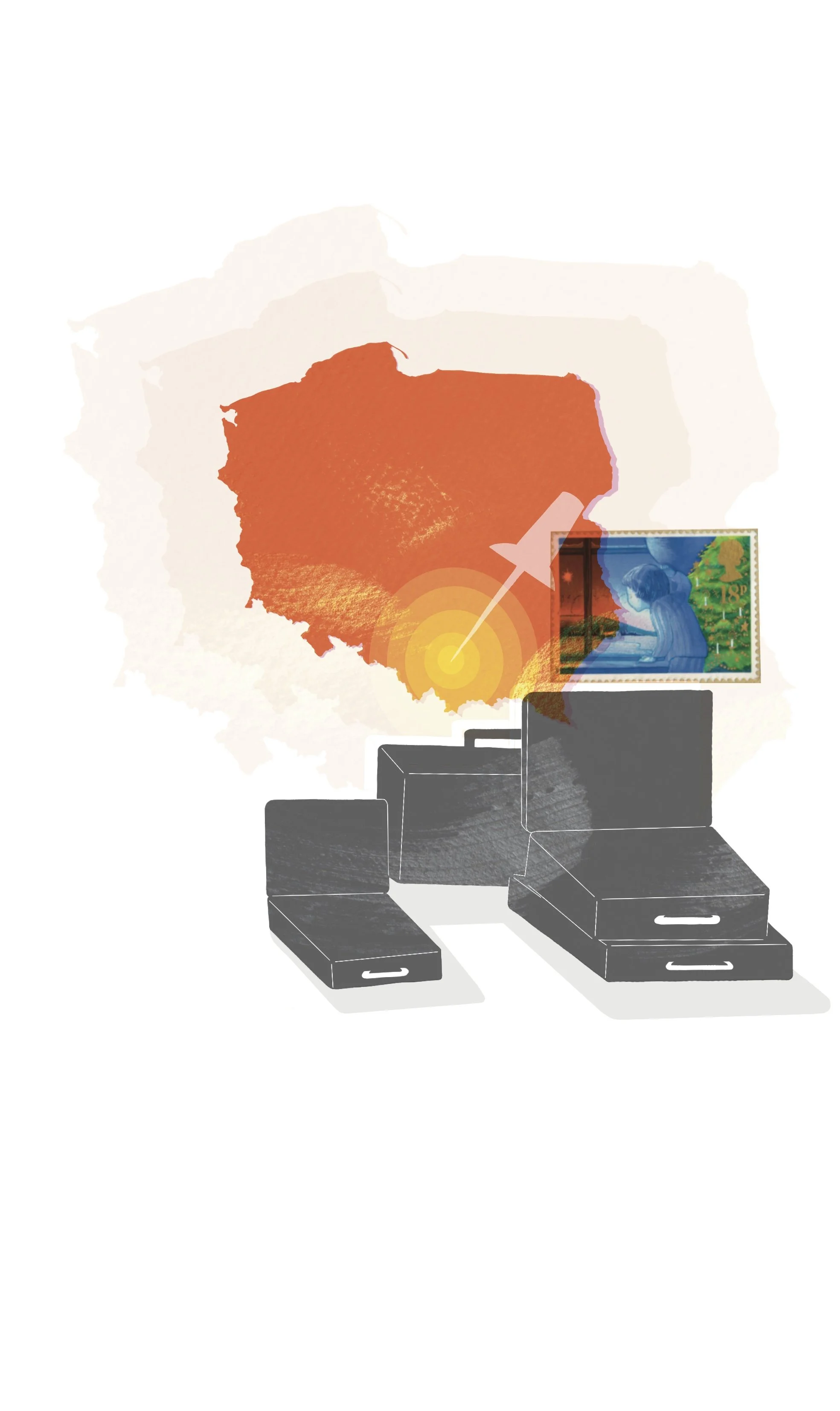[Re]Arranging Fragments
Margarita Louka
“Our identities, our mental states and our lives are ever-changing, fluid, constantly reshaping and rearranging. Change is the only constant state in our lives; as our circumstances evolve, so do our values and the way we perceive ourselves. This exhibition aims to be a reflection and contemplation of this idea.”
—Margarita Louka
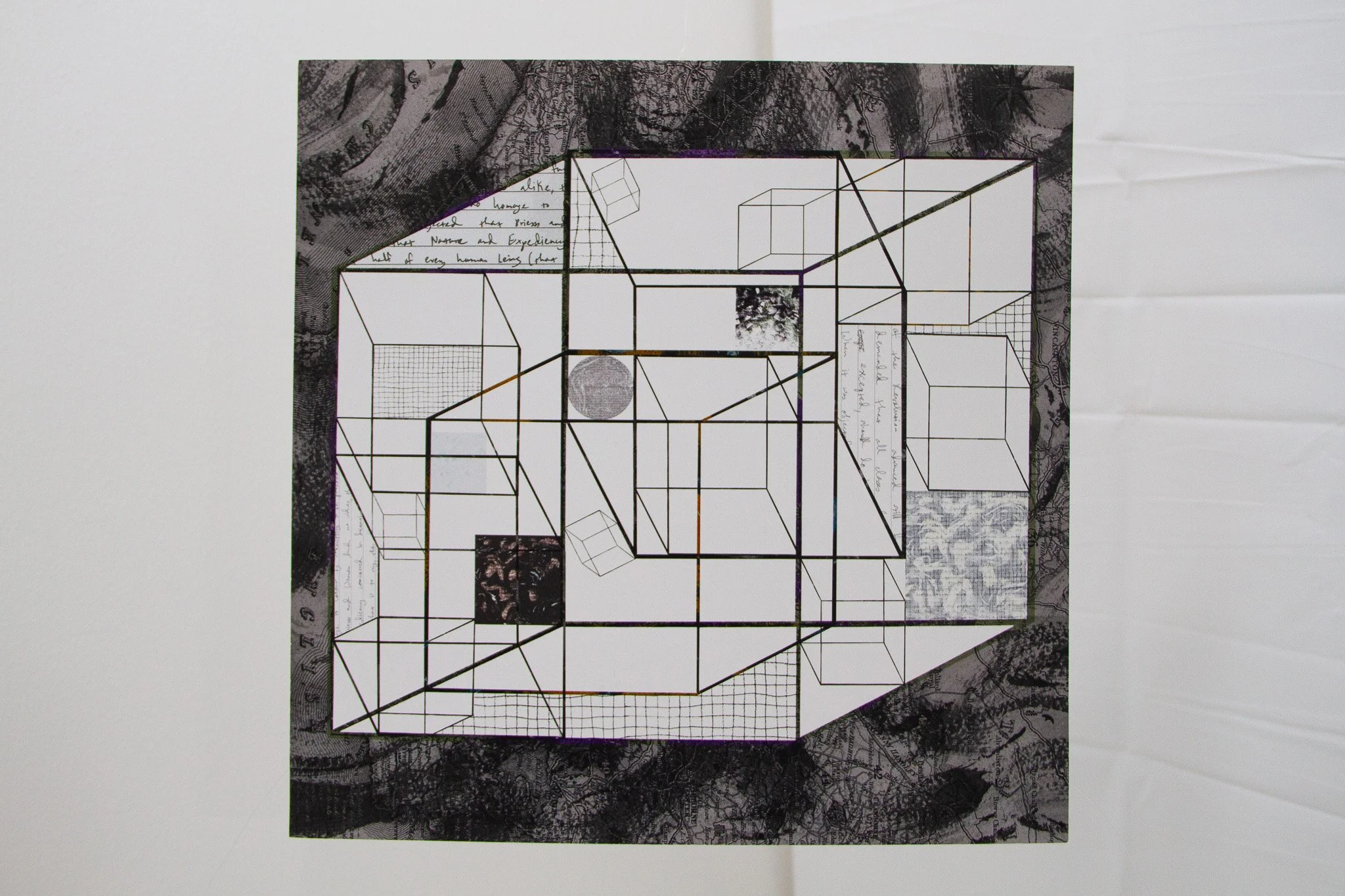

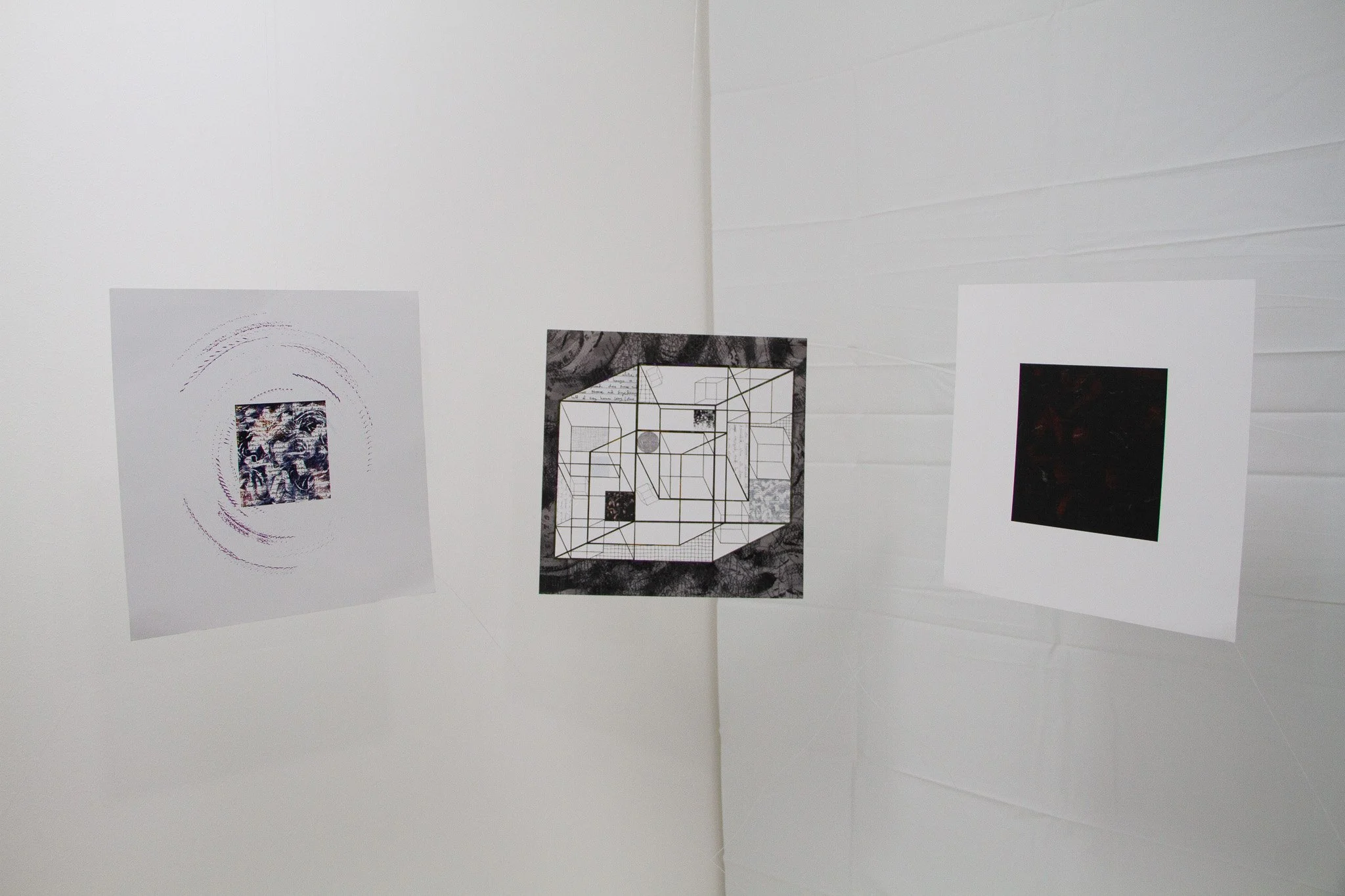
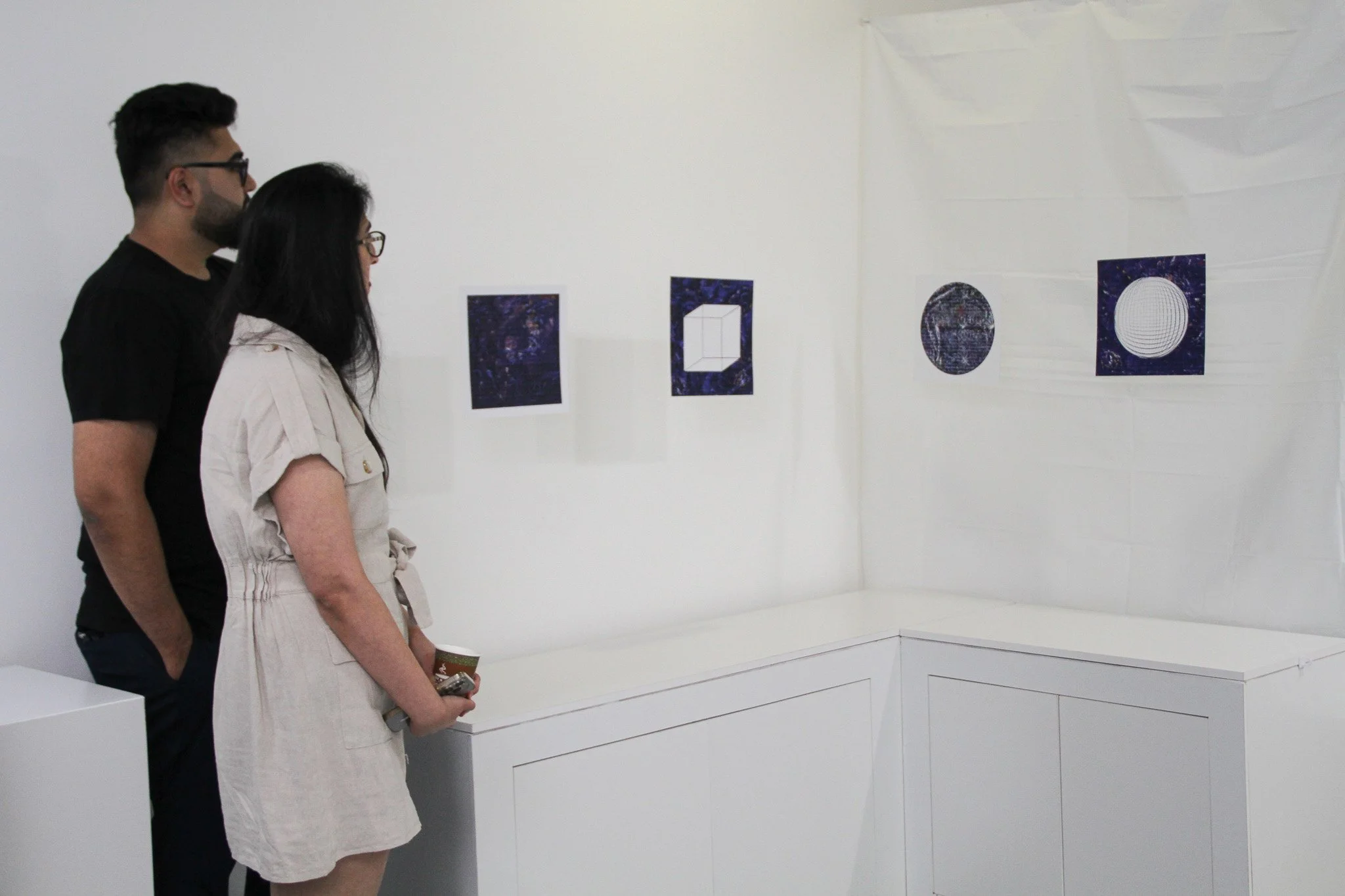

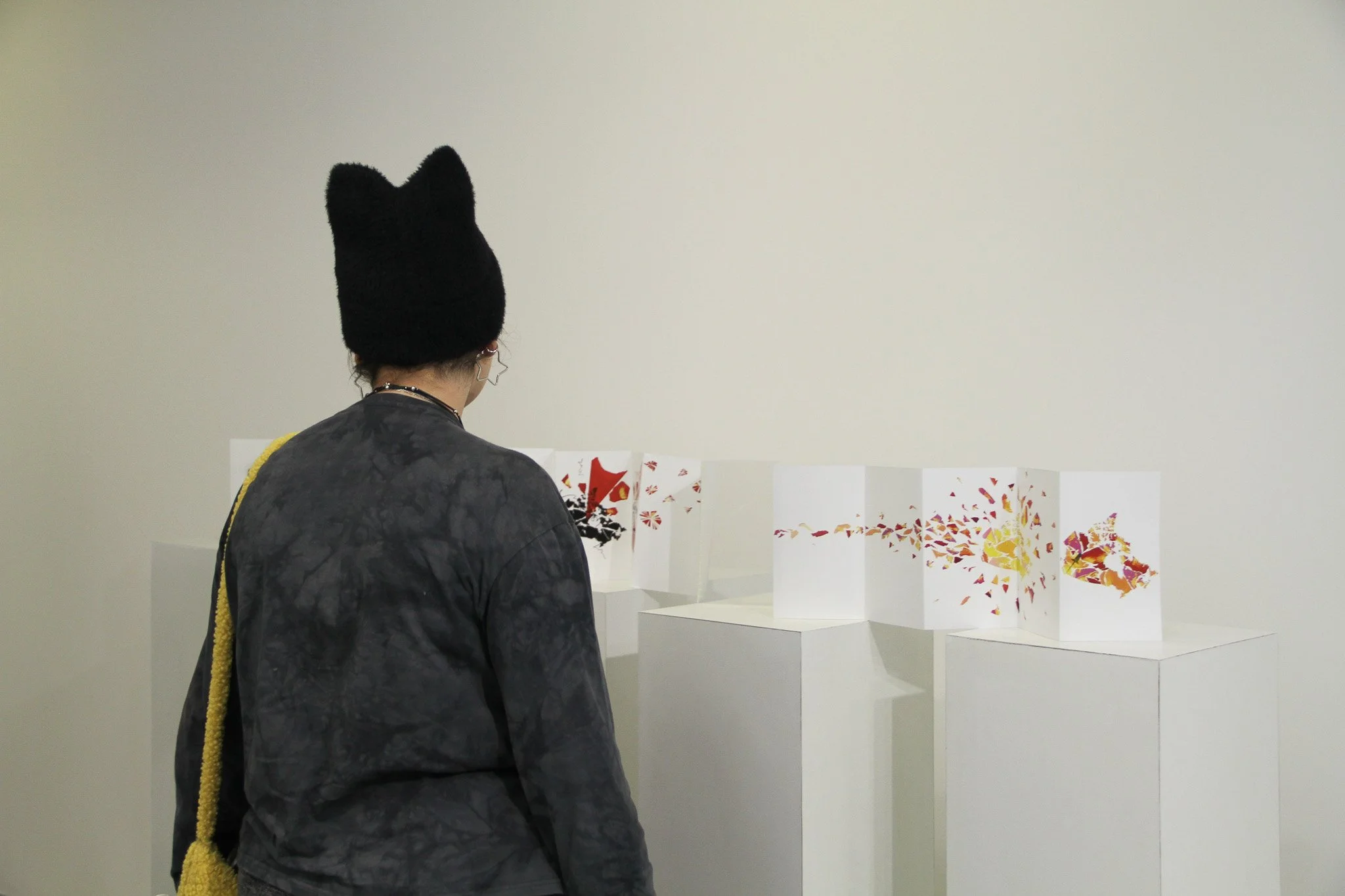


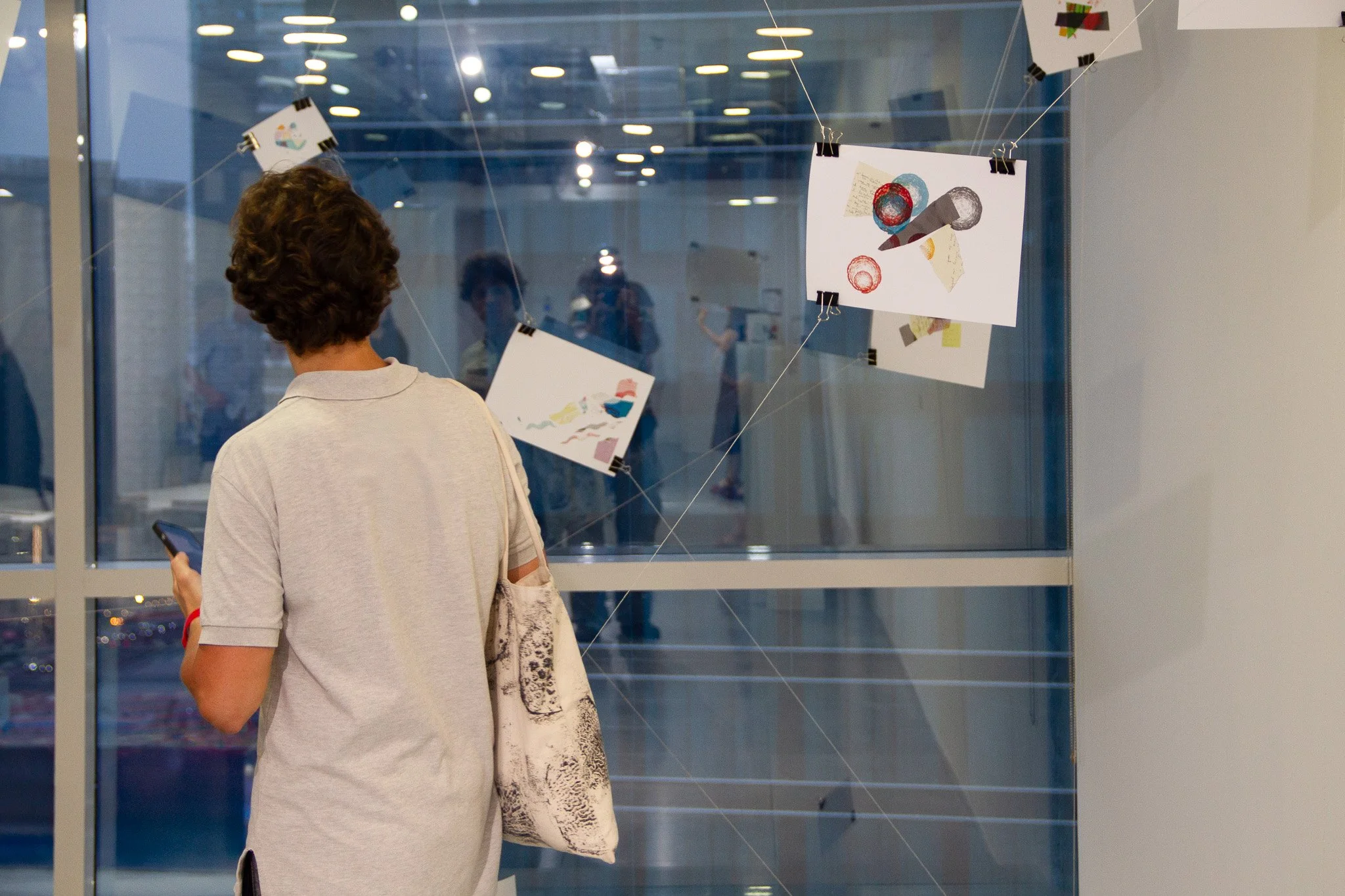

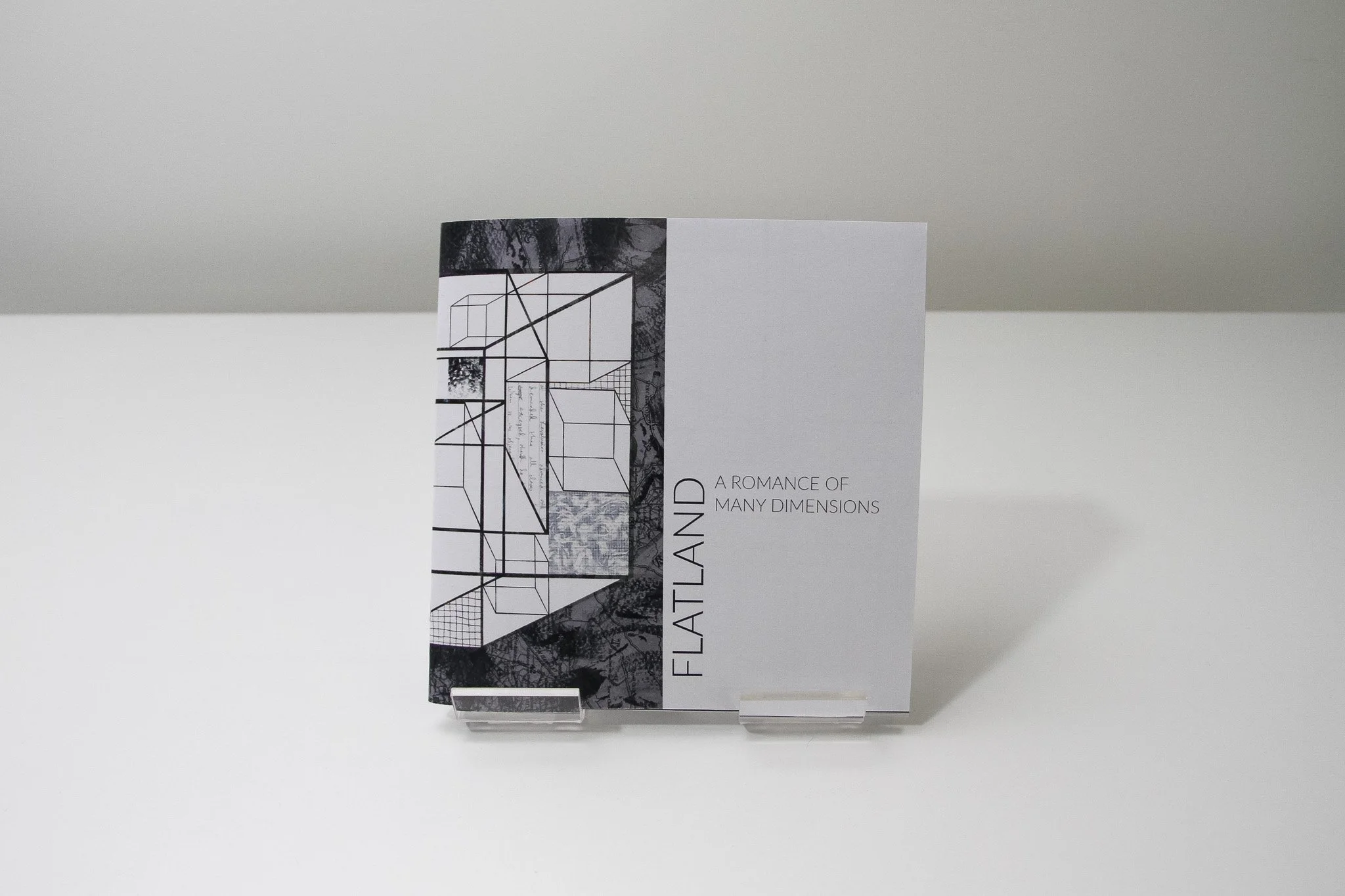
Margarita Louka is an illustrator from Cyprus currently based in Dubai, UAE. Her visual illustration work and her research explore themes such as migration, (de)colonization, physical or emotional journeys, what it means to “belong” to a place and the unreliability of memory. Her creative process centres around collecting and assembling; she starts a project by collecting and making fragments which represent the theme she is working with. She then collages them together digitally, embracing an element of ambiguity, while constantly exploring the intersection between abstract and figurative illustration. She has worked within the publishing and editorial sectors.
[Re]Arranging Fragments
Illustrator Margarita Louka works with collage to explore various mental and physical journeys, and how these journeys can reshape our perception of ourselves. Collage is a medium which facilitates this constant change, as the different elements can be rearranged and freely moved around to enable infinite possibilities. The three projects, Analogies, Voyages and Oblivion, explore the idea of changes in our self-identity through three different lenses.
Analogies is inspired by the book ‘Flatland: A Romance of Many Dimensions’ by Edwin A. Abbott. The book is a humorous, satirical account of a society which operates in two dimensions, ignorant to other societies in other dimensions. All the characters in the book are shapes. When the protagonist, a square, becomes aware of societies in other dimensions, this newfound knowledge initially leaves him in shock. In the booklet, words from the book are placed alongside the illustrations and depict the moment the protagonist experiences a shift in his identity and worldview.
Oblivion is based on Alice Munro’s short story ‘The Bear Came Over the Mountain’, which is a story told from the perspective of a husband who is watching his wife develop Alzheimer’s disease. Through the torn pieces of paper and snippets of text, these illustrations capture the confusion and, inevitably, the shift in self-identity that occurs as a result of experiencing Alzheimer’s disease.
Voyages is a reimagining of a chapter of Eva Hoffman’s autobiography ‘Lost in Translation: Life in a New Language’, a memoir about Hoffman’s experience of migrating from Krakow, Poland to Vancouver, Canada and eventually the USA. The experience of moving to a different country is both heavily personal and widely universal. Through the colours, fragments, motifs of maps and modes of transport, it is shown how the physical journey migrants undertake is often accompanied by an emotional journey and a reconstruction of self-identity.



